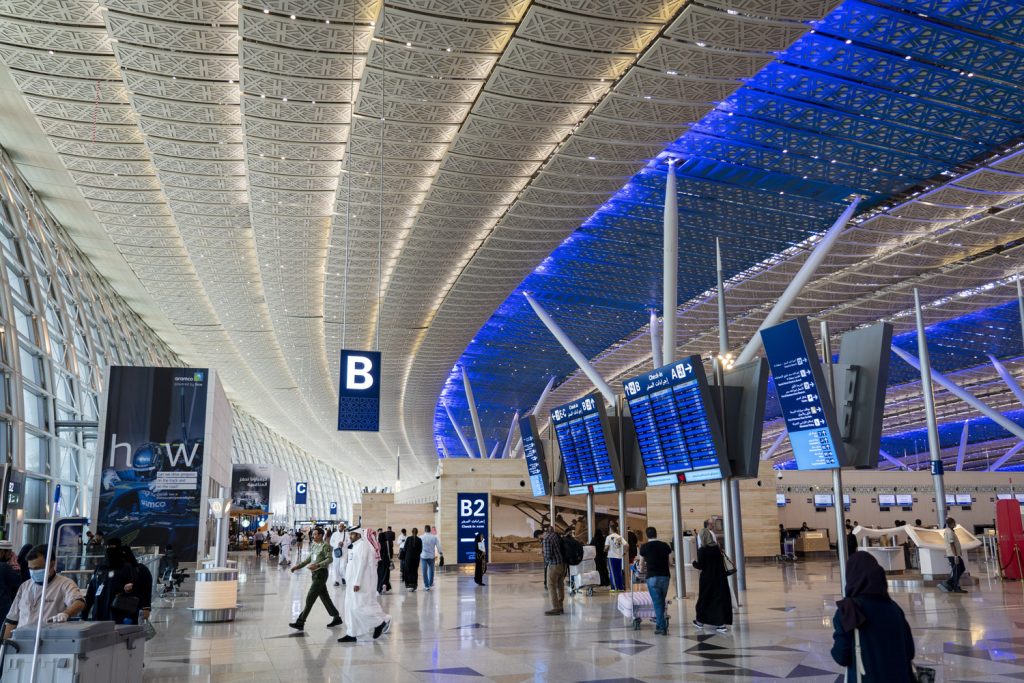The days of travelling through an airport and pulling out a paper boarding pass, or your phone are becoming a thing of the past. There is a shift initiated by the International Civil Aviation Organization (ICAO) that has been described as the most significant change to air travel in five decades. Traditional boarding passes will soon be replaced by advanced digital travel credentials, leveraging biometric technology.

Saying goodbye to traditional boarding passes
Under new rules proposed by ICAO, travellers will no longer require physical boarding passes or even mobile boarding pass QR codes. Instead, face-scanning technology will seamlessly verify passenger identities at key checkpoints throughout the airport. Passengers’ passport details will be digitally stored on their smartphones, and airports will use facial recognition technology to match travellers to their digital passports instantly.
How the digital journey pass works
Travellers will receive a ‘journey pass’ stored securely in their smartphone wallets, containing booking information, additional services like car hire or hotel reservations, and biometric passport data. As soon as travellers arrive at the airport, facial scans will automatically inform airlines of passenger arrivals, streamlining the entire check-in process.
Airports will need to upgrade infrastructure, installing sophisticated facial recognition systems and digital passport scanners. These advanced systems will verify identities instantly, greatly speeding up security processes while reducing potential data breaches (no passenger data is stored permanently.)
Early adoption and global response

Airlines and airports worldwide are quickly adapting to these new standards, for example:
- Emirates Airlines has already begun phasing out paper boarding passes, offering passengers departing from Dubai digital boarding solutions.
- Dubai international Airport has streamlined its touchpoints to phase out paper boarding passes with a goal of becoming document-free by this year and already includes self check-in kiosks and Smart Gates.
- Zayed International Airport & Etihad Airways have implemented a series of biometric systems at various touchpoints that eliminated the need for travel documents and interaction with staff.
- British Airways, Air France-KLM, Finnair, and Saudia Airlines are currently exploring integration of this cutting-edge technology.
Inspiration from global innovations
The digital transition aligns closely with innovations already seen in other countries:
- China extensively uses biometric identification, such as palm recognition, for payments, transportation, and security.
- Sweden is pioneering optional microchip implants to store personal data, including travel and identification details, directly under the skin.
These examples illustrate how convenience and technological innovation are reshaping global expectations for travel.
What does this mean for travellers?

This transition promises a smoother, faster, and more secure airport experience. Travellers with carry-on luggage will pass through quick identity checks at pre-security gates, while those with checked baggage will undergo facial verification at baggage drop-off.
The convenience extends throughout the airport, from duty-free shopping to boarding, entirely eliminating the need to handle physical documents or devices repeatedly.
Privacy and security measures
Recognising concerns about privacy, new systems are designed to erase passenger data within 15 seconds of each interaction point. These robust privacy measures aim to maintain passenger trust while offering unprecedented convenience and security.
Ultimately, these advancements paint a picture of airports of the future, seamless, efficient, and stress-free environments. Passengers will move swiftly and effortlessly through airports using only their facial biometrics, making physical boarding passes and traditional check-ins relics of the past. As airports globally prepare for this revolutionary shift, staying informed and embracing this change will ensure travellers can fully enjoy the benefits of the digital travel era.




